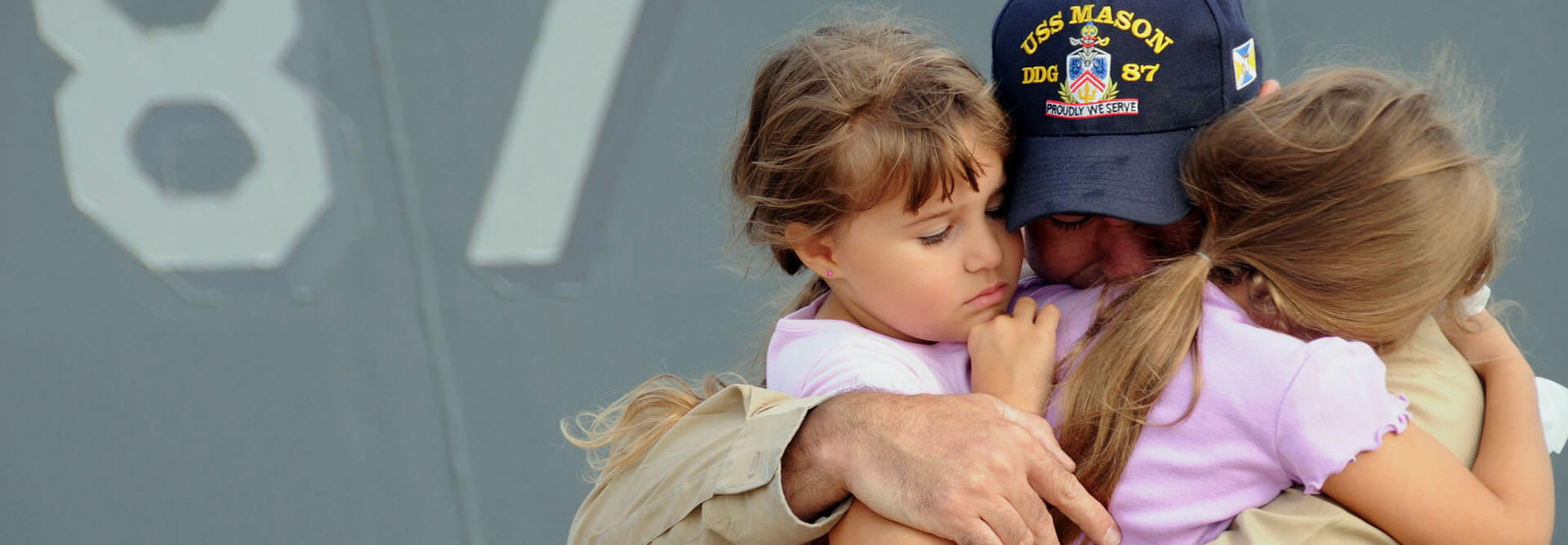My personal involvement in the Iraq occupation was short and fierce, and I fulfilled my duties with exuberance. To be completely honest, I loved it. I loved soldiering and I loved the infantry. I loved being able to name weapons and how to use them, to read a map; I loved the mental toughness necessary to go without food or sleep, to suffer through the elements for weeks or months, and to fight alongside brothers. I loved the honor that was implied in offering up your own life for your country.

I don’t remember exactly when I made the decision to oppose the war, but I remember exactly the feeling. It was easy enough to watch as the years following 2004 unfolded, and to recognize that none of this was about keeping America safe or protecting vulnerable people overseas; it was another thing altogether to accept in my heart what we had done to that country.
My sense is that some of us have a vague intellectual understanding of what 16 years of war and occupation have done, yet the feeling that accompanies these thoughts is the feeling you get when you see “50 People Killed in Air Strike on Field Hospital in Syria” as the ticker beneath the main headline, “Beyonce Bounces Back.” Cancer and birth defects are common in Iraq as a result of American burn pits and depleted uranium; four times more Syrians have been killed since 2011 than Americans killed in the Vietnam War, and of course, we now have ISIS.
Despite all of this, we generally don’t seem to feel much pain because there is no existential reason to. There is no draft, and thanks to advancements in body armor, drone warfare, and good old-fashioned outsourcing of fighters, we haven’t lost, relatively speaking, very many service people compared to other wars. Civilians don’t have to ration food, fuel, or medicine, the prices of goods and services hasn’t risen, and there has been no special “war tax.” It’s just a ticker on the bottom of the screen, next to the Dow Jones and last night’s baseball scores. Some of the Syrian students I’m now getting in my classes have shrapnel wounds; our feelings drive our thoughts and actions, and I can only guess at their feelings.
My classes are generally Socratic in nature, and I was recently discussing these things with a small group of American high school seniors. One of my students asked for a possible solution. “How can we both stop ISIS and bring peace and love to the world?” I don’t think anyone could know for certain, but I have some ideas.

My wife and I homeschool our two boys, and one of the programs we’ve enrolled them in is called Flying Deer. Once a week for four hours they run around in the woods playing in the mud and snow, learning about animal tracks, how to turn clumps of tree sap into a flaming torch, and other things like that. I was fortunate enough to attend their final gathering of the season. Dan, their adult leader and friend, said as part of his final words: “Thank you for sharing your kids with us.” Contrast that with the prevailing sentiment at many schools: rules forbidding parents to walk their elementary school child to class; citing security concerns for parents who wish to come into their child’s class; letters home meaning to educate parents on how homework or summer reading is necessary for success in college and career; professional mentors who help guide new teachers through the process of dealing with difficult parents. We are not sharing our children with public schools – public schools are seizing control of our children, and forcing them into the state’s notion of an education. The universe does not respond favorably to such things. When I hear people gripe about how students would be successful if only there were more support at home, I think of the tanks and artillery that would have brought the Iraqi people freedom if only the Iraqis would have cooperated. “Thank you for sharing your freedom and education with us” versus “you aren’t allowed to be anything but free and educated, and we will use violence to enforce these virtues.”
If we hope to transcend war and aggression, we need to connect more deeply and more lovingly with each other, and this can only begin at the level of the family unit. Our family homeschools; I am not so radical to think that everyone should do the same, or that raising your own kids is the only way to connect more deeply with your children. I would, however, have fewer problems with the concept of “school” if schools viewed their role as analogous to Dan’s role in my boys’ lives: “Thank you for sharing them with us, we hope we have given them a worthy experience.”

Parents and schools should not have an equal partnership. Parents, extended family, and community are better suited to show love and give individual attention to little people, and are less likely to turn those little people into a series of numbers that need state standards inputted into them under penalty of failing grades and additional years in school. If we love our kids and fill our homes with playful love and not treat them as if the only way they’ll ever learn reading and math and socialization is by separating them from their families and bribing and threatening them, then these little kids will become loving adults which form loving societies that don’t consider Beyonce bouncing back as a higher priority than “accidentally” drone-killing a hospital full of volunteers and children.
I’ll be accused of being naïve. I don’t care. Your love sends ripples into the universe, and the universe responds. Locking kids away from their family and culture and forcing them to learn “for their own good,” like using guns to force a sovereign nation into democracy, sends different kinds of ripples into the universe – the kinds of ripples that result in one country full of ISIS fighters and another country that cares more about pop singers than ending war. Call me whatever you want. I choose love.
If you enjoyed this article and feel called to give back to ASDE, here are ways you can support our work:
- Donate money
- Share our content with others! Click one of the buttons above to easily share on Twitter, Facebook, or email.
- Consider becoming a Contributor for Tipping Points
Tipping Points Magazine amplifies the diverse voices within the Self-Directed Education movement. The views expressed in our content belong solely to the author(s). The Alliance for Self-Directed Education disclaims responsibility for any interpretation or application of the information provided. Engage in dialogue by reaching out to the author(s) directly.






